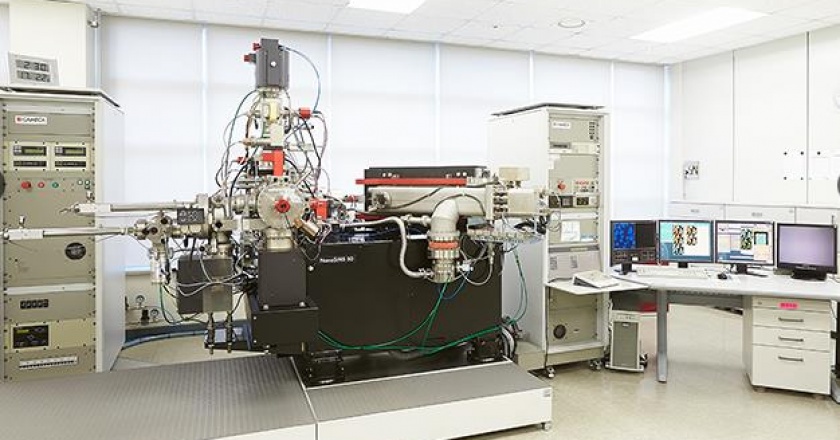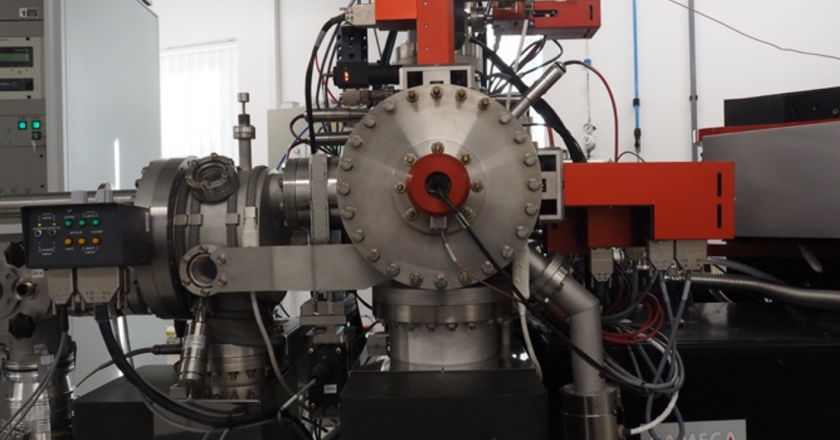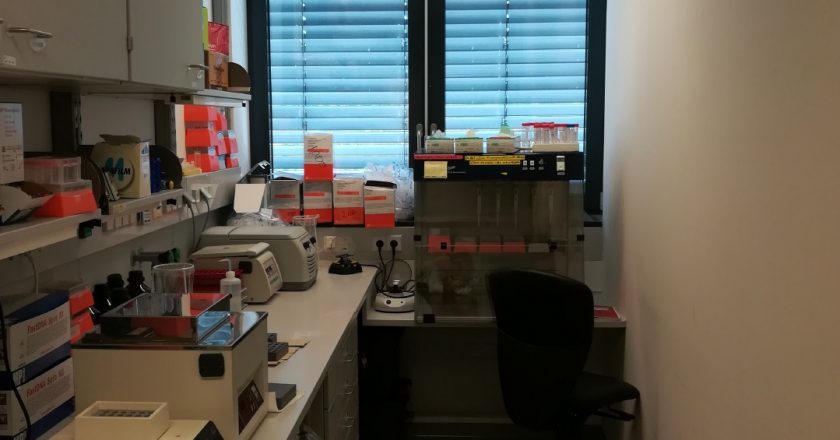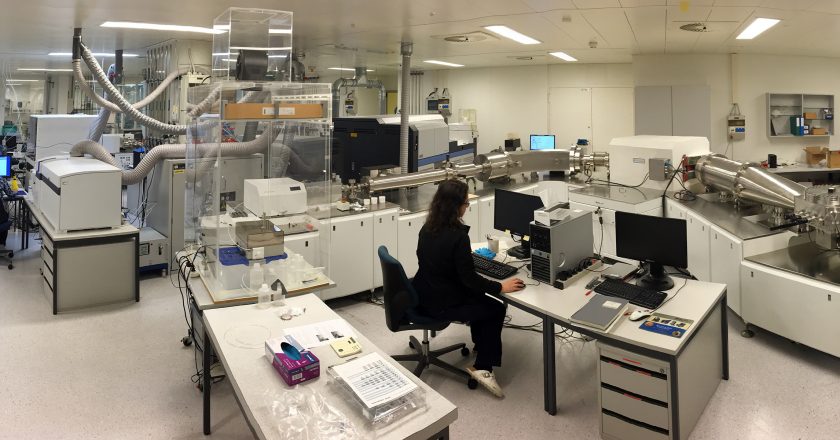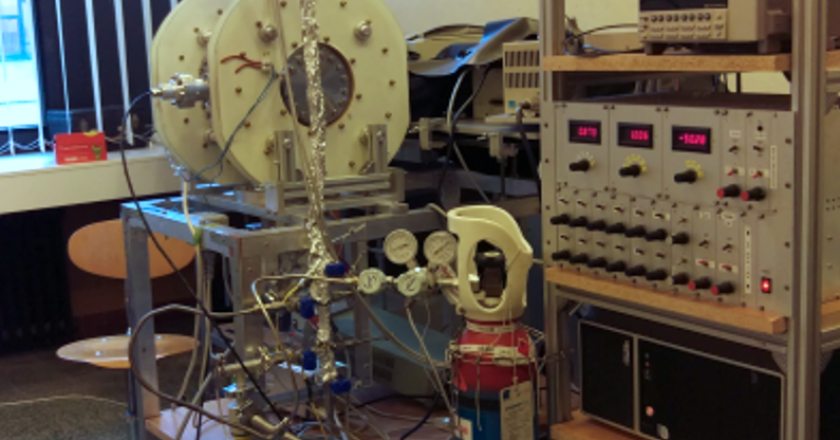
About the Europlanet 2024 Research Infrastructure (RI)
The Europlanet 2024 Research Infrastructure (RI) provides free access to the world’s largest collection of planetary simulation and analysis facilities, data services and tools, a ground-based observational network and programme of community support activities.
The project is funded through the European Commission’s Horizon 2020 programme and runs for four years from February 2020 until January 2024. The Europlanet 2024 RI consortium is led by the University of Kent, UK, and has over 50 beneficiary institutions from 24 countries in Europe and around the world, with a further 44 affiliated partners. The project draws on the resources of the Europlanet Society to disseminate activities and outcomes and develop a more diverse community of users.
Europlanet 2024 RI provides:
- Transnational Access to 24 laboratories in Europe and seven* field sites, as well as additional facilities in South Korea and China.
- Virtual Access to services and tools.
- Networking activities to support the community and provide rapid response observations to support planetary missions.
*Please note: Due to the situation in Ethiopia, the Danakil Depression is currently unavailable.
Europlanet 2024 RI Services:
View Project Deliverables
If you have recieved funding from Europlanet 2024 RI, please add the official acknowledgement below to each publication and dissemination activity: “Europlanet 2024 RI has received funding from the European Union’s Horizon 2020 research and innovation programme under grant agreement No 871149.”

